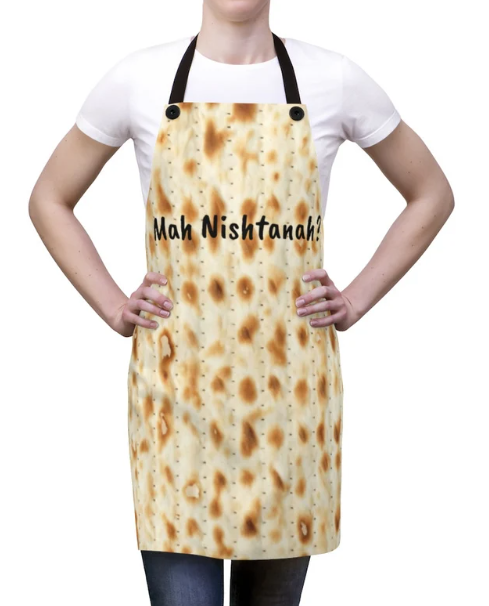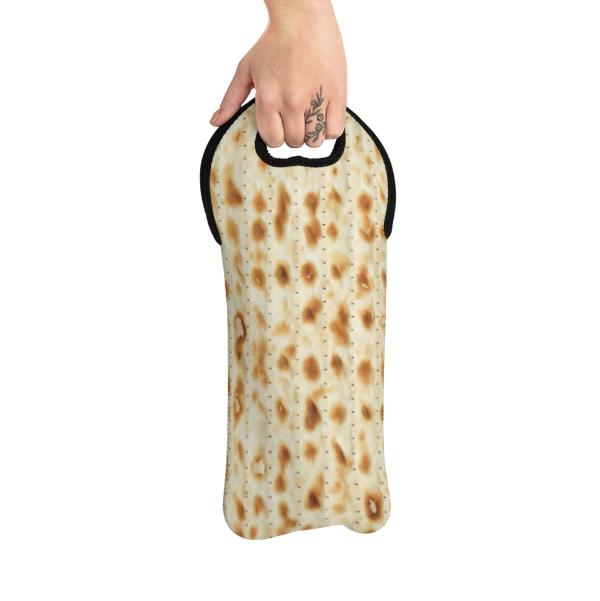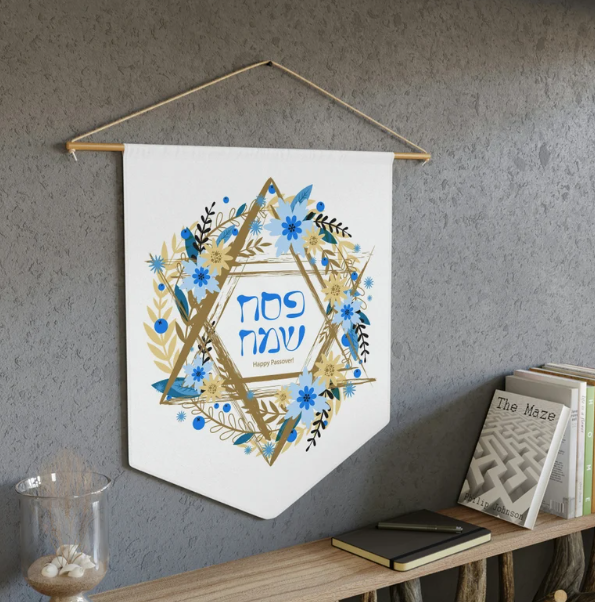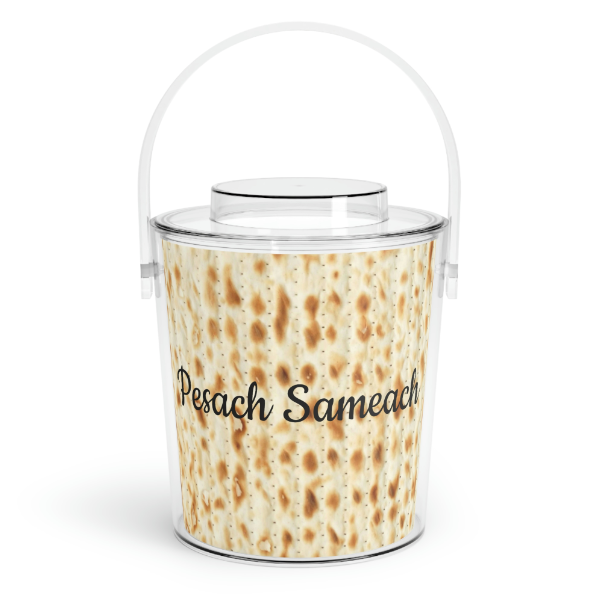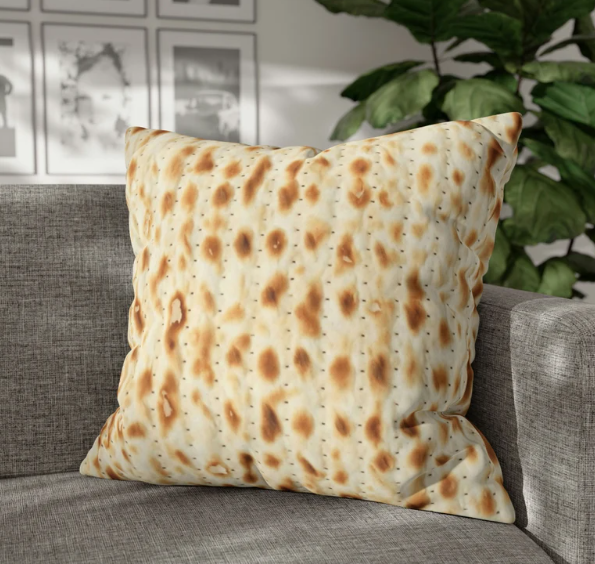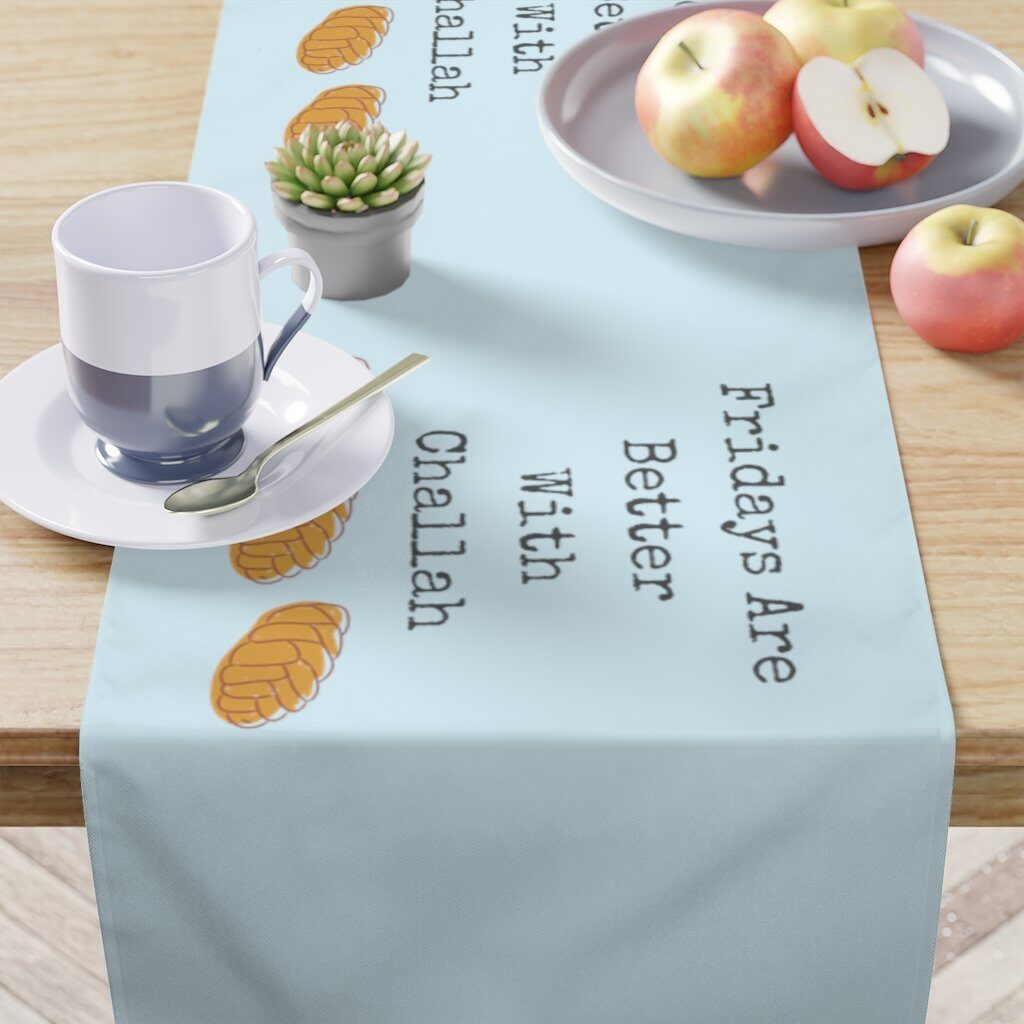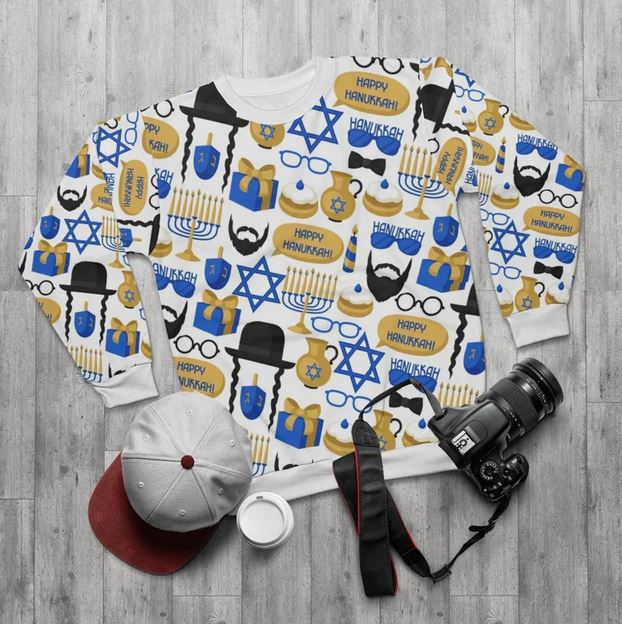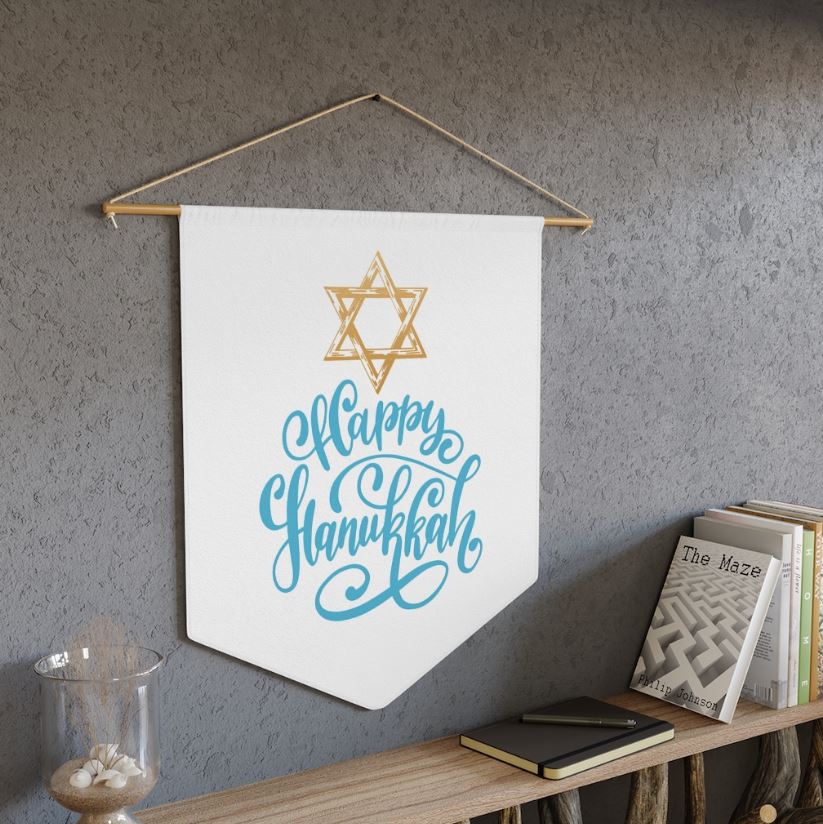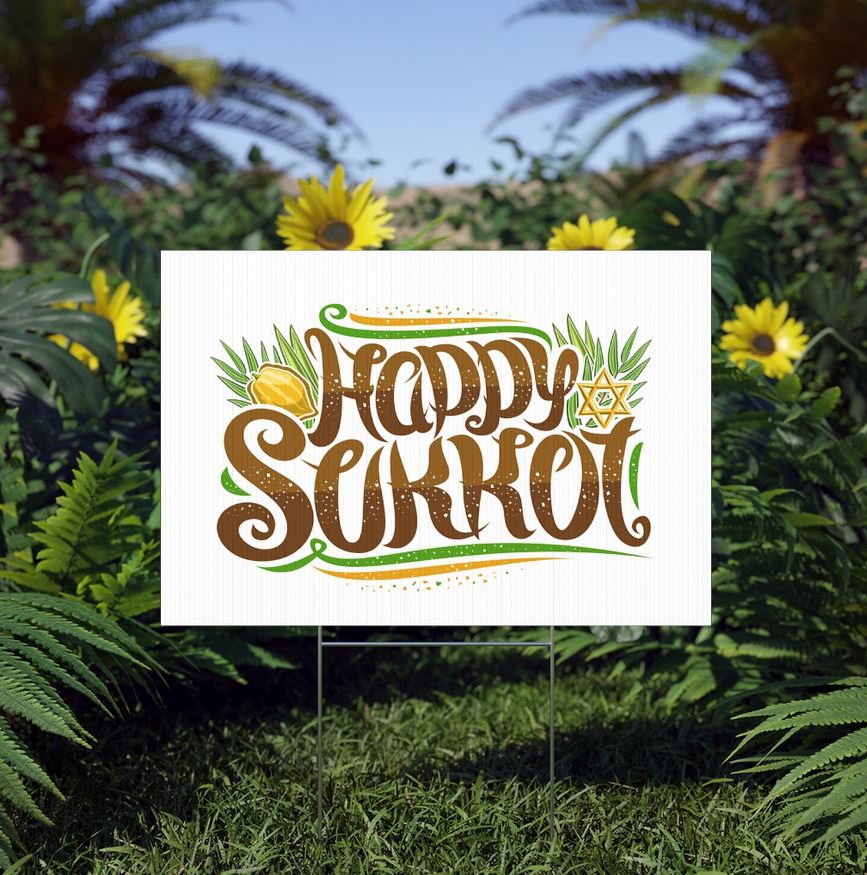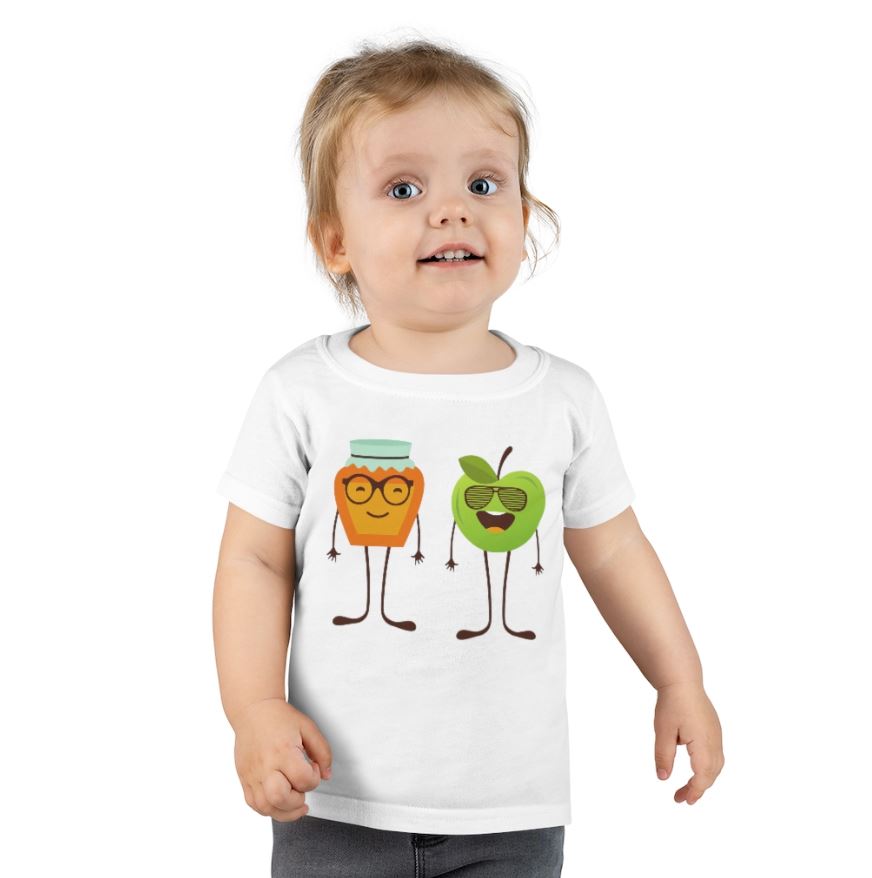1) What does Passover Mean?
Passover is a Jewish holiday that commemorates the liberation of the Israelites from slavery in ancient Egypt. The word “Passover” comes from the Hebrew word “Pesach,” which means “to pass over.” This refers to the biblical story in which God “passed over” the houses of the Israelites while striking down the firstborn sons of the Egyptians. The holiday is also known as the “Festival of Matzah” because during the holiday, Jews are commanded to eat unleavened bread, known as matzah, to remember the hurried departure of the Israelites from Egypt, when they did not have time to let their bread rise. Passover is one of the most important holidays in the Jewish calendar and is celebrated for seven or eight days, depending on the Jewish community.
2) What does Passover Celebrate?
Passover celebrates the liberation of the Israelites from slavery in ancient Egypt. According to the biblical story, the Israelites were enslaved by the Egyptians for over 400 years before God chose Moses to lead them out of Egypt and towards the Promised Land. After Moses repeatedly asked Pharaoh to release the Israelites, God inflicted ten plagues upon Egypt, including the killing of the firstborn sons. However, the Israelites were commanded to mark their doors with lamb’s blood, and God “passed over” their homes and spared their firstborns. This ultimately convinced Pharaoh to release the Israelites from slavery. The Passover holiday commemorates this historic event and reminds Jews of their ancestors’ struggle for freedom and their covenant with God. It is a time to remember the hardships that the Israelites endured and to celebrate their eventual liberation.
3) What Passover symbols relate to the Eucharist
In Christianity, the Eucharist, also known as Holy Communion or the Lord’s Supper, is a sacrament that commemorates the Last Supper of Jesus Christ with his disciples, as recorded in the New Testament. While the Passover and the Eucharist are distinct religious observances, there are some symbols that are shared between them.
One of the main symbols that relates to both Passover and the Eucharist is bread. During Passover, Jews are commanded to eat unleavened bread, also known as matzah, to commemorate the haste with which the Israelites fled Egypt and the lack of time to let the bread rise. Similarly, during the Last Supper, Jesus broke bread with his disciples, telling them that it represented his body, which would be broken for them.
Another symbol that relates to both Passover and the Eucharist is wine. During Passover, Jews drink four cups of wine to symbolize the four promises of God, including the promise to free the Israelites from slavery. Similarly, during the Last Supper, Jesus shared wine with his disciples, telling them that it represented his blood, which would be shed for the forgiveness of sins.
While there are some similarities between the Passover symbols and the symbols of the Eucharist, it is important to note that they have different theological meanings and are observed in different ways by different religious traditions.
4) What day does Passover start?
The start date of Passover varies from year to year on the Gregorian calendar, as it follows the Hebrew calendar. Passover begins on the 15th day of the Hebrew month of Nisan, which typically falls in March or April. The exact date is determined by the Hebrew lunar calendar and is based on the appearance of the full moon.
FREE JEWISH WALL CALENDAR 2023/5783
The Kosher Hub has designed a beautifully iconic Jewish Calendar with all the important holidays for this coming year that you can download for FREE.

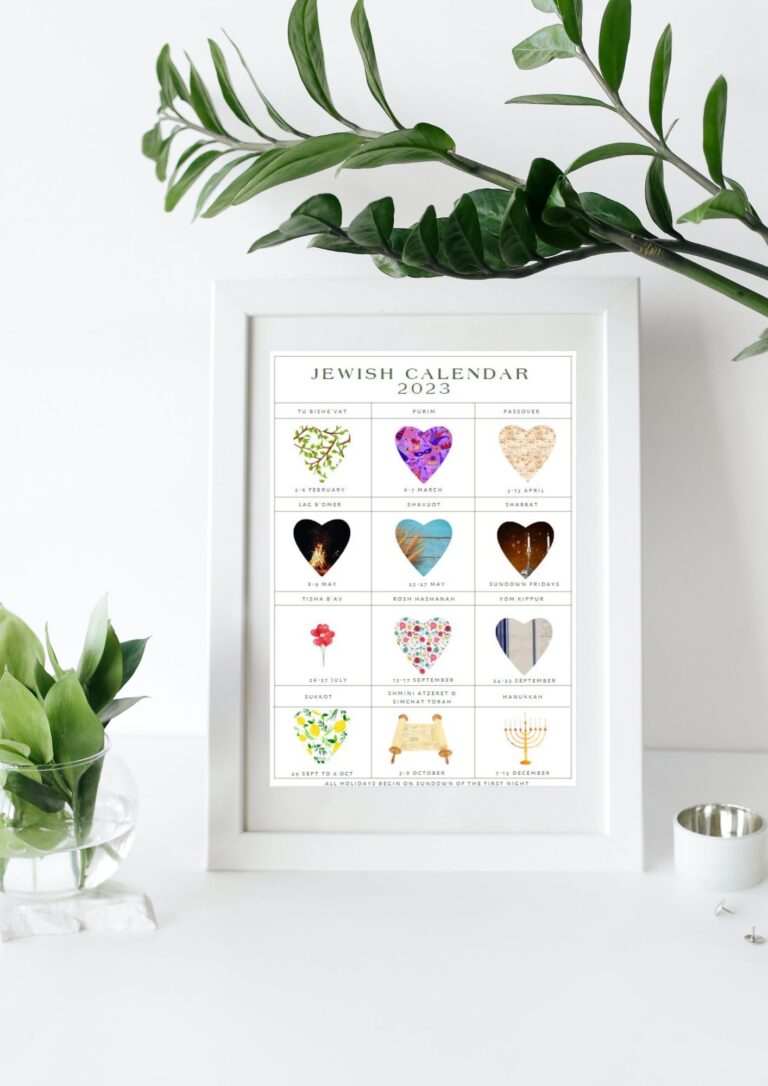
5) Which days of Passover are most Important?
In Judaism, each day of Passover is significant and has its own unique observances and rituals. However, the first two nights of Passover, known as Seder nights, are considered to be the most important and are observed by most Jews, regardless of their level of religious observance.
The Seder nights are marked by a special family dinner, called the Seder, which includes a retelling of the story of the Israelites’ liberation from slavery in Egypt. During the Seder, Jews read from a special book called the Haggadah, which outlines the order of the Seder and includes prayers, songs, and stories. The centerpiece of the Seder is the Seder plate, which contains symbolic foods that represent different aspects of the Passover story.
The first two days and last two days of Passover are considered to be major holidays, on which work is prohibited. The middle days of Passover are known as Chol Hamoed, which means “the intermediate days,” and are considered to be semi-festive. During Chol Hamoed, work is permitted, but there are still certain restrictions on activities, such as fasting and mourning.
Overall, while each day of Passover has its own unique significance, the first two nights of Passover, the Seder nights, are considered to be the most important and widely observed.
6) Which days of Passover are Yom Tov?
In Judaism, Yom Tov (literally “good day”) refers to the two days of Passover, the first two days and the last two days of the holiday, which are considered to be major holidays. On these days, work is prohibited, and special prayers and rituals are observed in synagogue.
